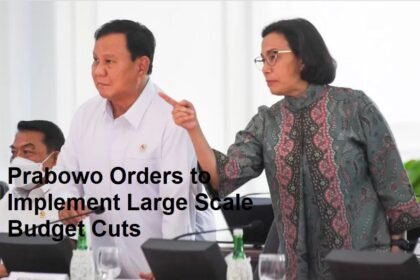India is currently grappling with significant challenges related to its oil supply, particularly due to the United States’ sanctions on Russian crude oil. As one of the world’s largest consumers of energy, India’s oil imports are crucial for powering its economy and maintaining the growth of its industrial and transportation sectors. However, recent geopolitical developments, especially the ongoing conflict in Ukraine and the resultant sanctions on Russia, have created a complex web of issues for India’s energy security.
India’s domestic oil production is insufficient to meet its energy needs, making it one of the largest oil importers globally. The country relies heavily on imports to fill this gap, with the Middle East, the United States, and Russia being some of its key suppliers. While India has diversified its oil sources in recent years, Russia has become an increasingly important supplier of crude oil, particularly after the onset of the Russia-Ukraine conflict in 2022.
In the aftermath of Russia’s invasion of Ukraine, Western nations, led by the United States, imposed stringent sanctions on Russia, aiming to cripple its energy exports and reduce its ability to finance the war. The sanctions included measures to limit the sale of Russian oil, as well as restrictions on the financial transactions that enable such sales. Despite these sanctions, India continued to import Russian oil, benefiting from discounted prices as Western nations distanced themselves from Russian energy.
The U.S. sanctions on Russian oil have severely impacted Russia’s ability to sell crude oil at market rates. In response, Russia has offered significant discounts to countries that are willing to purchase its oil, including India. The price cuts have been a boon for India, allowing it to secure oil at much lower prices compared to its traditional suppliers. For a country like India, where the rising cost of energy has a direct impact on inflation and economic stability, these discounts have been highly advantageous.
However, this has created a dilemma for India. On the one hand, the government is keen to benefit from the lower prices and ensure a stable supply of oil. On the other hand, India faces growing pressure from the United States and other Western nations to reduce its reliance on Russian energy. The U.S. has repeatedly urged India to align with its sanctions policy and reduce its imports of Russian oil, as it seeks to isolate Moscow economically and politically.
India’s position on Russian oil is complicated by its longstanding diplomatic ties with both Russia and the United States. Historically, India has maintained a strong relationship with Russia, particularly in defense and energy sectors. Russia has been a reliable partner for India, supplying advanced military equipment and technology, as well as energy resources. In this context, India is reluctant to sever its ties with Russia, especially given the strategic importance of these relations.
At the same time, India has cultivated a growing relationship with the United States in recent years, especially in terms of trade, defense, and regional security. Washington’s pressure on New Delhi to align with Western sanctions against Russia presents India with a delicate balancing act. India must weigh its geopolitical interests and its energy needs while trying to maintain cordial relations with both Russia and the U.S.
The challenge for India is not only diplomatic but also economic. The country faces significant pressure to meet its growing energy demands while maintaining economic stability. The rise in global oil prices has already strained India’s finances, leading to higher inflation and impacting the cost of living. The U.S. sanctions on Russian oil have made it harder for India to secure oil from traditional suppliers like the Middle East, where production is often unstable and prices are volatile.
In response to this, India has sought to diversify its energy sources even further. While Russia remains an important supplier of crude oil, India has also turned to countries like Saudi Arabia, the UAE, and Iraq to secure more stable supplies. Additionally, India is investing in renewable energy and energy efficiency measures to reduce its dependence on fossil fuels in the long term. However, these efforts will take time to materialize, and in the short term, the country remains dependent on imports.
India’s approach to Russian oil highlights the complexity of its energy security strategy in the context of broader geopolitical tensions. The country has taken a pragmatic approach, prioritizing its energy needs over political considerations, while also attempting to maintain diplomatic relations with key global powers. Despite the U.S. pressure, India has stated that its energy security is a matter of national interest, and it will continue to source oil from whichever countries offer the best terms.
Ultimately, India’s handling of the Russian oil issue will have lasting implications for its foreign policy and economic future. As the global energy landscape continues to evolve, India will need to carefully navigate the challenges posed by both external sanctions and its internal energy requirements, all while balancing its relationships with major global powers.













